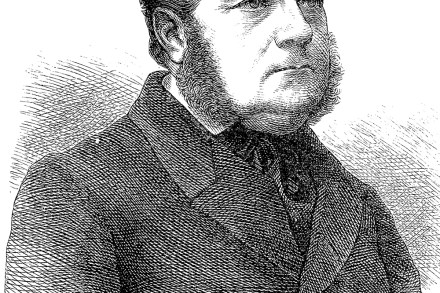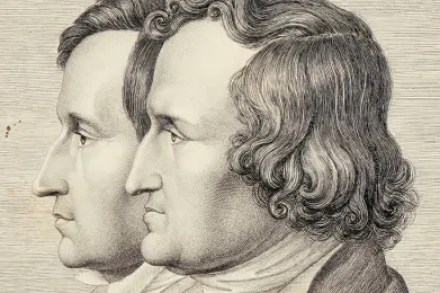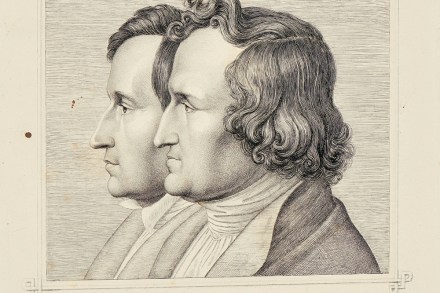Massacre of the innocents, saving endangered languages & Gen Z’s ‘Boom Boom’ aesthetic
37 min listen
This week: sectarian persecution returns Paul Wood, Colin Freeman and Father Benedict Kiely write in the magazine this week about the religious persecution that minorities are facing across the world from Syria to the Congo. In Syria, there have been reports of massacres with hundreds of civilians from the Alawite Muslim minority targeted, in part




















